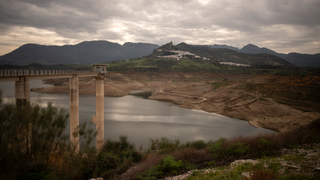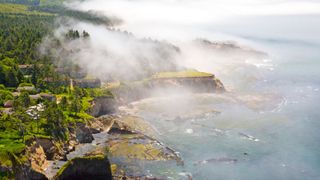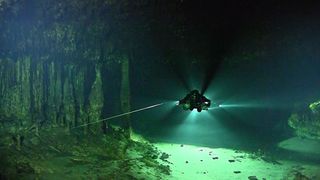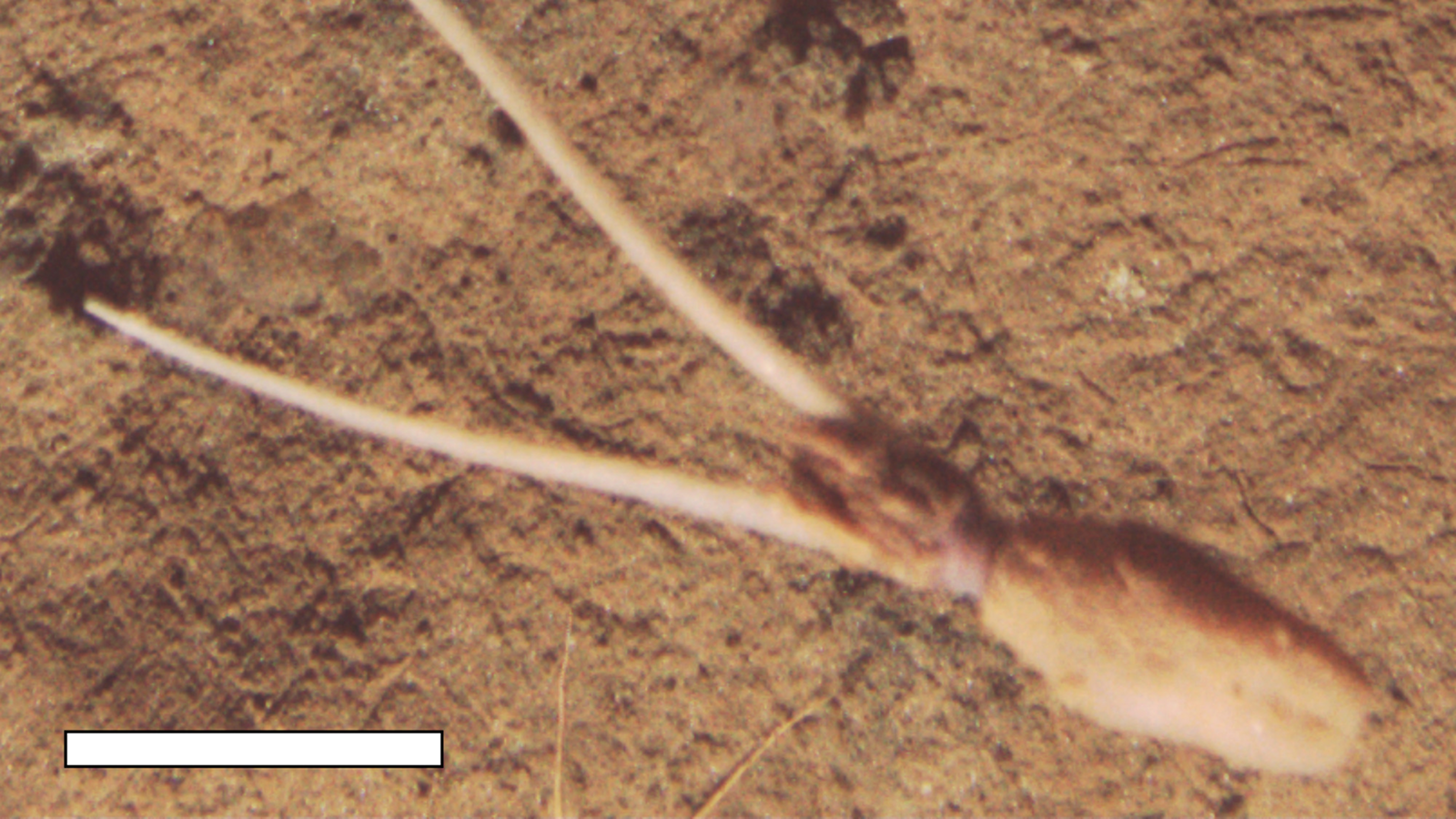Planet Earth news, feature and articles
Explore Planet Earth
Editor's Picks
Latest about Planet Earth
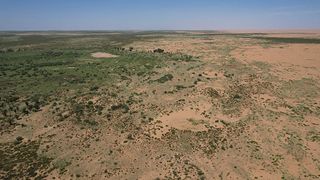
China has planted so many trees it's changed the entire country's water distribution
By Sascha Pare published
Huge "regreening" efforts in China over the past few decades have activated the country's water cycle and moved water in ways that scientists are just now starting to understand.

Death Valley's 'world's hottest temperature' record may be due to a human error
By Sascha Pare published
A new analysis of July temperatures in Death Valley between 1923 and 2024 suggests the world record near-surface air temperature of 134 F measured in July 1913 may be erroneous.
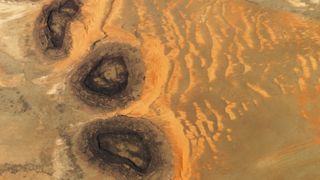
Trio of 'black mesas' leftover from Paleozoic era spawn rare sand dunes in the Sahara
By Harry Baker published
Earth from space A 2023 astronaut photo shows three dark hills, or mesas, towering above part of the Sahara desert in southern Mauritania. The structures are remnants of a single Paleozoic era formation, and have helped to create a series of striking sand dunes.

Once-in-a-century floods set to become annual events in northeastern US in the next 75 years, study finds
By Brian Owens published
Rising sea levels and storm surges from hurricanes will bring more frequent extreme floods to northeastern U.S. states, including Connecticut, New York and New Jersey.
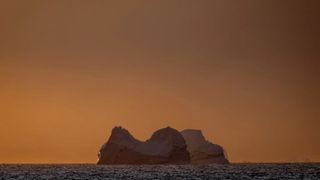
Antarctica's Southern Ocean might be gearing up for a thermal 'burp' that could last a century
By Matt Simon, Grist published
When humans manage to cut enough emissions and eventually reduce global temperatures, new research shows the Southern Ocean could kick warming back into gear.

Are biodegradable plastics really worth the hype?
By Melissa Gaskill published
Plastic pollution is poisoning the planet. Some experts suggest making plastics from more "natural" materials, but research shows those still have risks.

Climate change is real. It's happening. And it's time to make it personal.
By Dr Jo Cutler, Professor Patricia Lockwood published
Opinion We found the psychological impetus people need to take action on climate change — realizing it will affect them and their way of life personally.

Bizarre, UFO-like halo of red light appears over small Italian town — for the second time in 3 years
By Harry Baker published
An eerie new photo shows a giant red ring shining above Possagno, near the Italian Alps. The eye-catching image is almost identical to one taken in the same town in early 2023.
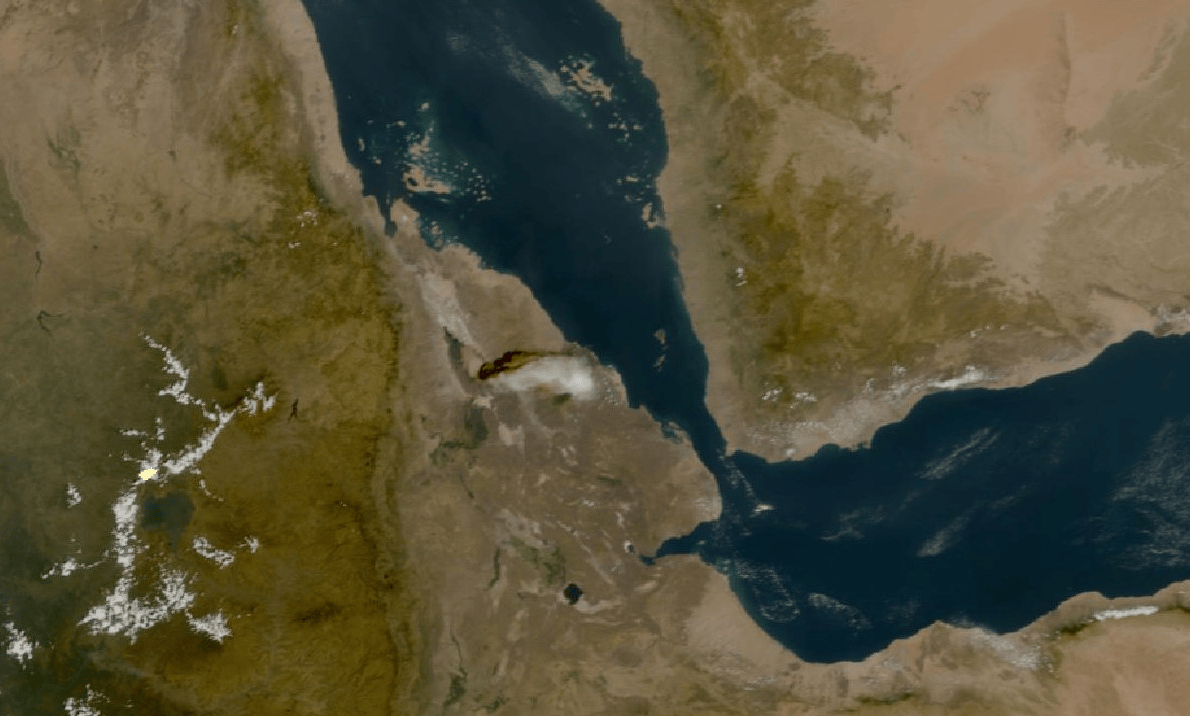
'Like a sudden bomb': See photos from space of Ethiopian volcano erupting for first time in 12,000 years
By Skyler Ware published
Hayli Gubbi, a shield volcano in northern Ethiopia, erupted for several hours on the morning of Sunday, Nov. 23 — the first eruption since the start of the Holocene.
Get the world’s most fascinating discoveries delivered straight to your inbox.



